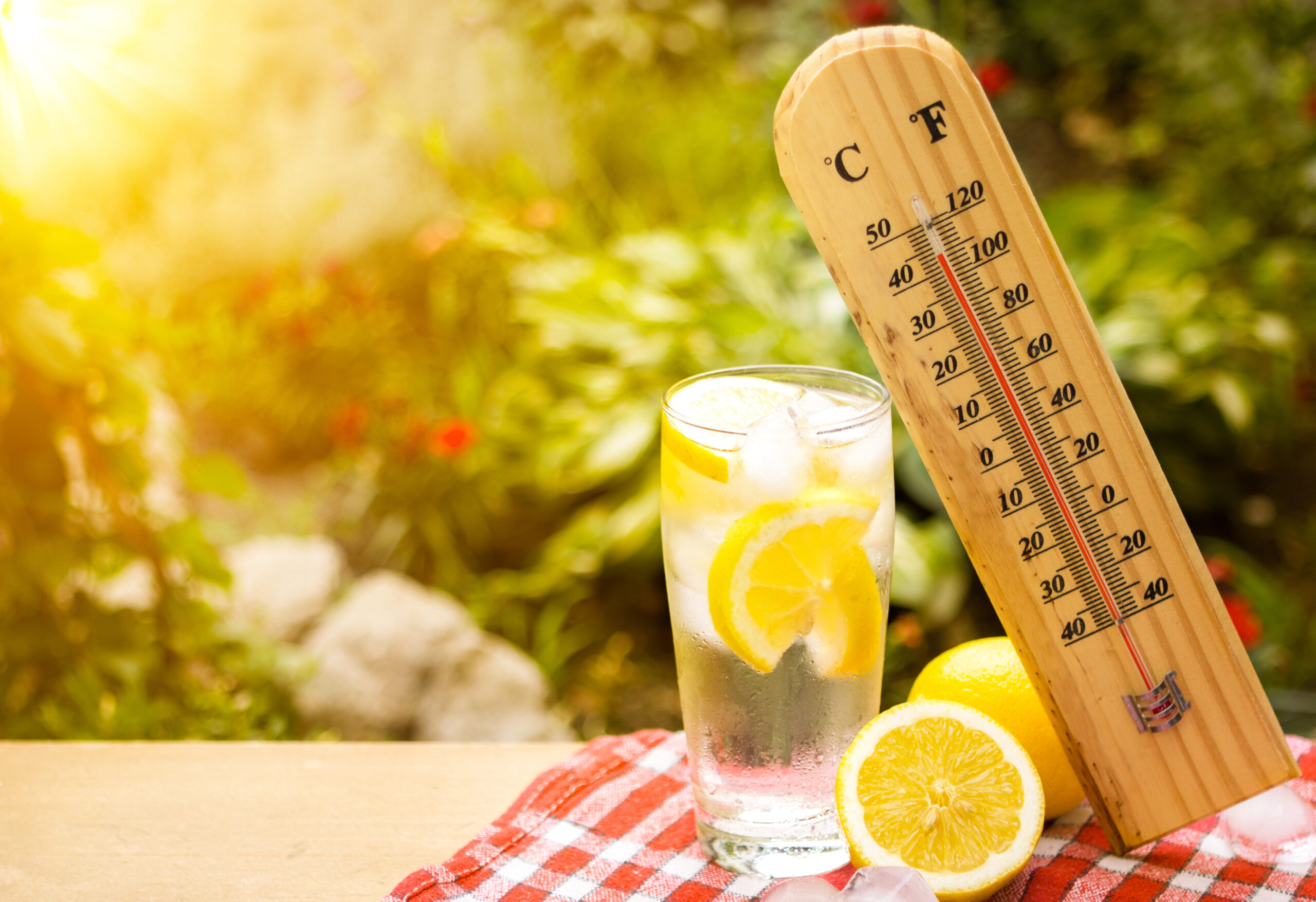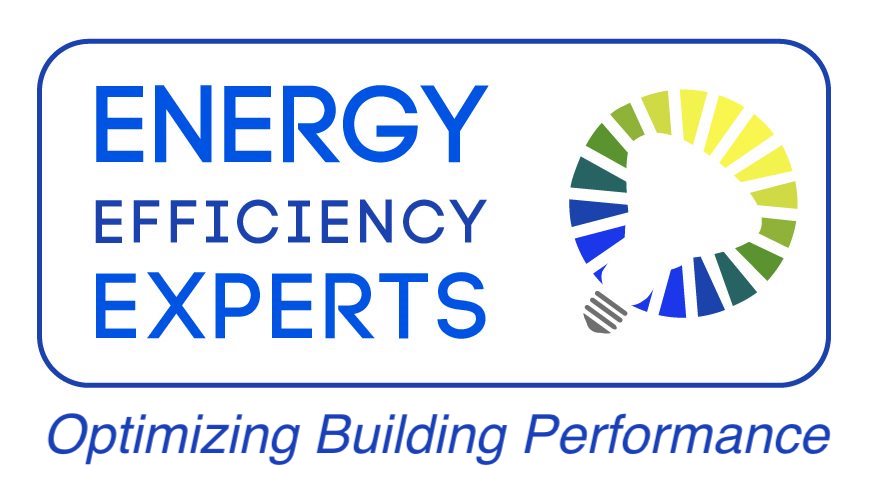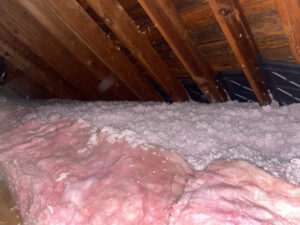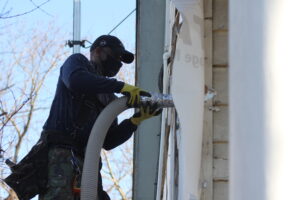
Below you will find strategies to help you save energy and keep utility cost down during the summer when the weather is getting warmer and you are trying to keep a cool home. There are a range of tips from free to inexpensive that most homeowners can take to keep energy affordable during the summer season.
Windows That Can Keep Out Heat
A large percentage of a home’s heating energy can be lost through windows. For homes that have many windows it can be worthwhile to add inexpensive window coverings. For existing windows, installing window coverings can prevent heat gain through the glass during the daytime. Window covering can include interior shades and drapes, plastic films directly on glass, shutter, exterior shades, awnings, and storm windows.
Setting Your Thermostat
The higher the difference in temperature between the outdoors and indoors, the higher your overall cooling bill will be. When setting the thermostat trying to keep the temperature warmer than normal when you are not in the house, like when you’re out working, and then lower it once you return home. Programmable thermostats can help with the automation of setting the correct temperature when needed and maximizes comfort and energy use. When setting the thermostat to a lower temperature once home, avoid setting it colder than normal as it will not cool a home any faster and could result in excessive cooling along with unnecessary expenses.
Preventing Hot Air Leakage
It’s also important that the warmer heat from the outside doesn’t enter the conditioned space and overwork the cooling system. Sealing cracks and openings prevents warm air from leaking into your home. Adding caulk for windows and weatherstripping for doors can be inexpensive ways to further reduce the amount of cold air lost from the inside and warm air leaking into the home. The Department of Energy has a thorough guide on choosing weatherstripping for your doors.
Water Heater Temperature
The set temperature for a home’s water heater can affect the amount you pay in energy bills. A quote from a CPSC safety alert best outlines why this is important:
The U.S. Consumer Product Safety Commission (CPSC) urges all users to lower their water heaters to 120 degrees Fahrenheit. In addition to preventing accidents, this decrease in temperature will conserve energy and save money.
U.S. Consumer Product Safety Commission
As the CPSC notes, consumers should also consider lowering the water thermostat to the lowest setting that will accomplish the hot water needs for clothing and dish washing machines.
Cooling System Checkup
For best energy affordability, it is recommended to schedule regular maintenance for your cooling equipment, especially when you plan to rely on it during summer season. For cooling that comes from central air ducts, vacuuming the air intake vents regularly to remove dust buildup. Check that furniture and other objects are not blocking the airflow of the registers. Blockage of any type can prevent proper air flow and create a pressure imbalance that causes the cooling system to work harder, produce less cold air, and use more energy.
Home Energy Audit
After you’ve exhausted all these tips, the greatest improve you can make is having an energy audit of your home. The goal of the audit is to seal up the obvious and not so obvious leakage points, improve the home’s thermal boundary, ensure adequate indoor air quality and ventilation, and explore options to upgrade appliances and systems. After the home inspection, our auditor sits down with you to discuss findings and a plan forward to improve energy efficiency. From there we schedule a time to do the work to make those improvements, while working with the utility providers to get you rebates. Improve your summer comfort and give us a call to see how we can help make your home energy efficient! You can schedule online here or call us at (202) 557-9200.





